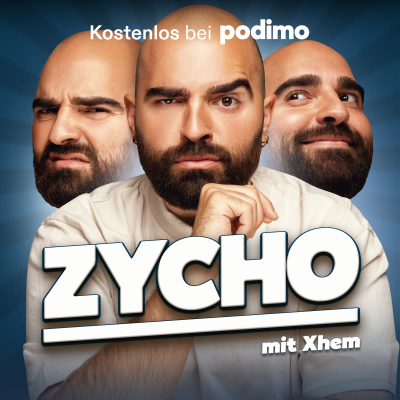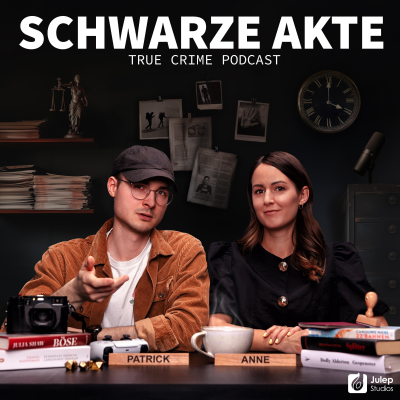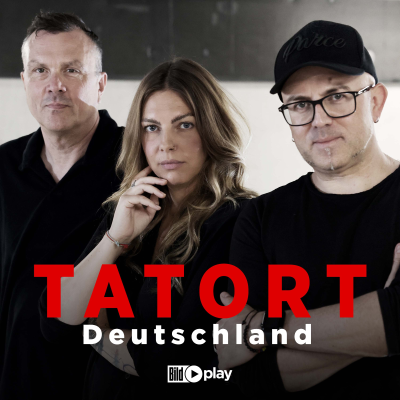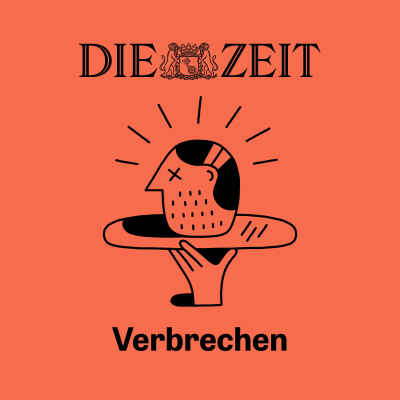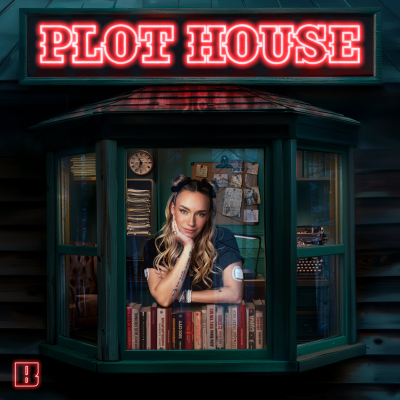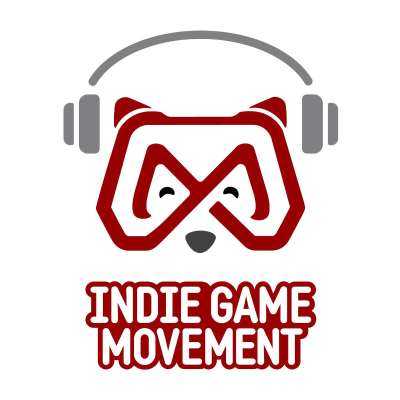
Indie Game Movement - The podcast about the business and marketing of indie games.
Podcast von Andrew Pappas, Game Marketing Strategist and Consultant
Nimm diesen Podcast mit
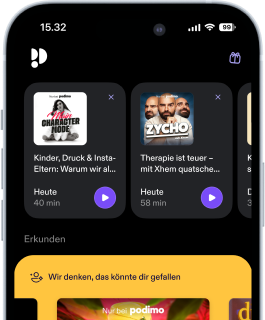
Mehr als 1 Million Hörer*innen
Du wirst Podimo lieben und damit bist du nicht allein
Mit 4,7 Sternen im App Store bewertet
Alle Folgen
224 FolgenWeb3 in games is loud, controversial, and often feels far removed from indie realities or vision, but is it possible that there are lessons from this space worth paying attention to? So today, we're going to explore what Web3 really means for indie developers: how accessible (or inaccessible) the tech actually is, the unique player dynamics it introduces, and what indies can learn from both the successes and missteps in the space. Even if you never touch blockchain, you're still going to get valuable insights about trust, players, and reflecting on what matters most to you. Episode Shownotes Link:
Global success in games requires more than just translating text. It demands building localization into the DNA of development. But too often, devs wait until the last minute, only to find that the process is more involved than they anticipated. So in this episode, we’ll explore effective strategies for planning localization early, how to avoid common traps that can limit reach and secrets to keeping things budget friendly so your localization efforts work for you, not against you. Episode Shownotes Link:
You can have a great game idea, but if no one knows about it… who’s going to care? When it comes to funding, most devs focus on the pitch deck, but often ignore what matters just as much. How they're building traction with their marketing. In this episode, we’re going to explore how early-stage marketing builds confidence, community and momentum that makes funding more attainable. From signaling traction to reducing risk for investors, we’ll break down how visibility equals viability when it comes to your funding strategy. Episode Shownotes Link:
Indie studios face tight budgets, small teams, and pressure to deliver big ideas with limited resources. Meanwhile, AI in game development sparks fears of job loss and soulless design. How can small teams stay human-centered while competing at scale? In this episode, we’ll explore how generative AI can be an ally instead of a threat by discussing practical ways to speed up preproduction, validate concepts and even reduce burnout, all while staying creative, human-centered, and true to their vision. Episode Shownotes Link:
Bringing a game to life means more than writing great code or creating stunning art, it requires harmony between both. But technical collaboration between developers and artists often hits snags, from miscommunication to mismatched expectations. In this episode our guest explores how to build workflows that support both sides of the pipeline, drawing from their own experience as a Unity developer and project coordinator for creative and educational game projects. Episode Shownotes Link:

